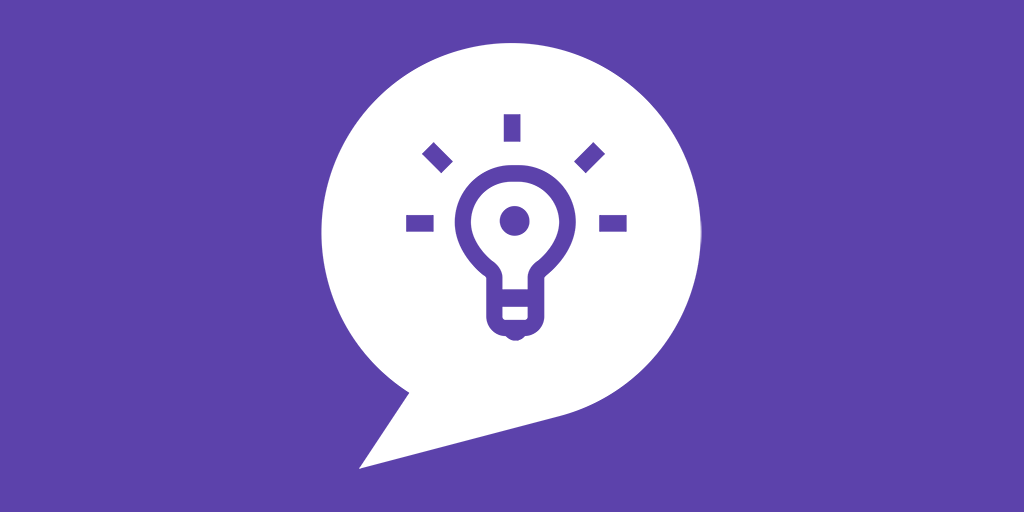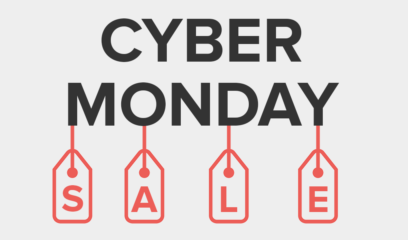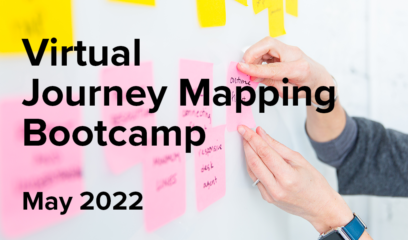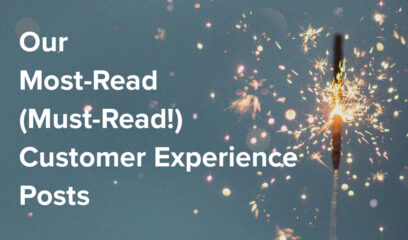Clients who want to bring customers into a co-creation workshop frequently ask us about the logistics—like the right incentives to get people to participate and which customers should (and shouldn’t) be invited.
But often our clients are most worried about over promising the actions they’ll take after customers go home: How do we solicit feedback about what’s broken in today’s experience without promising to fix every detail? How do we get customers to envision the experience of the future without suggesting we can deliver that experience next month or next year?
Here’s the thing: If you ask customers for ideas on how to improve their experience, they will expect you to act on that feedback. But in an intimate workshop setting, customers are surprisingly forgiving about the complexities of your organization that may stand between them and their ideal experience. So what they won’t expect is for you to turn every idea voiced during a workshop into a reality.
Customers simply want to feel that their time was well spent and that their insights won’t disappear into a black hole. Two complementary approaches will ensure customers understand how you’ll act on their feedback and ideas.
Set expectations explicitly.
At the beginning of the workshop, explain that the main goal of the day is to gather insight into customers’ needs and pain points.
Be up front that there are other factors—like regulatory, financial, and organizational hurdles—that affect whether some ideas can be implemented in the near future (or at all). This isn’t the same as airing your company’s dirty laundry to the entire workshop. Skip the in-depth account of what’s happening behind the scenes; it’s enough to tell customers that you’ll weigh their feedback with other considerations.
After the workshop, do you plan to prioritize customers’ top pain points? Incorporate fixes into ongoing corporate initiatives? Tell your workshop participants that.
Set expectations implicitly.
Low-fidelity workshop materials like Sharpies and Scotch tape reinforce the message that the concepts you’re discussing are very much in the idea stage. We often ask customers to sketch (or act!) out an improved touchpoint or interaction; the artifacts they create out of sticky notes don’t look like they’ll go straight to a development or implementation team. Thus, no participant has ever called up our client demanding to know why the multifunctional online dashboard or amazing concierge service they suggested during a workshop isn’t yet available.




